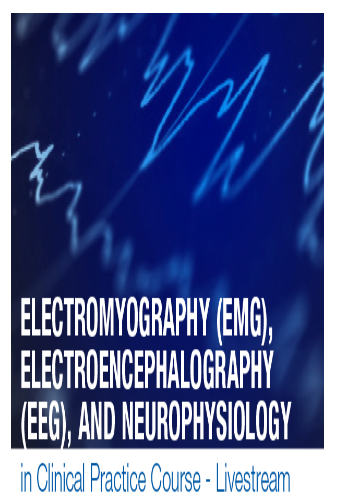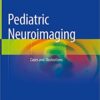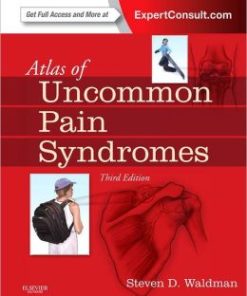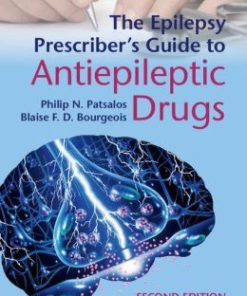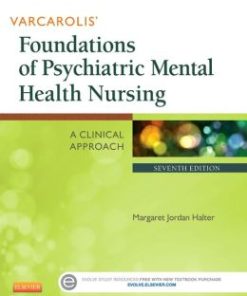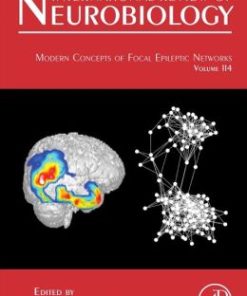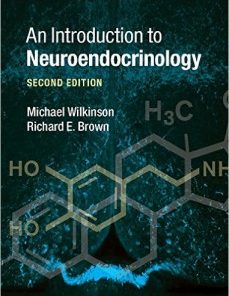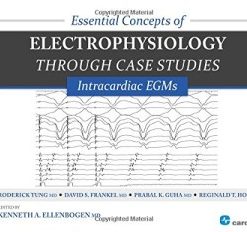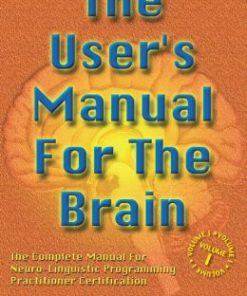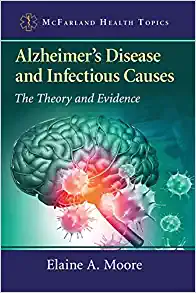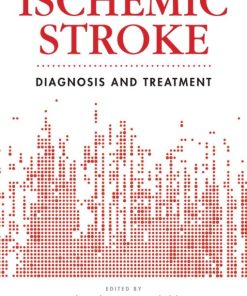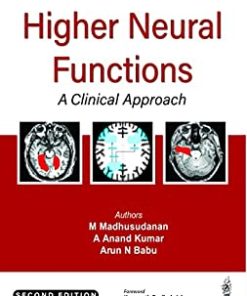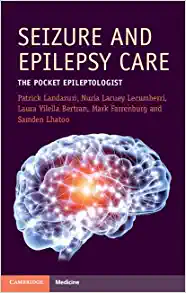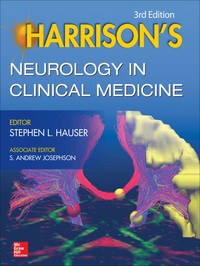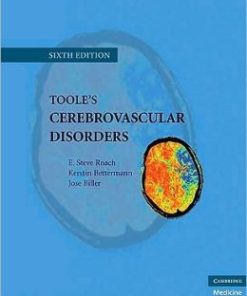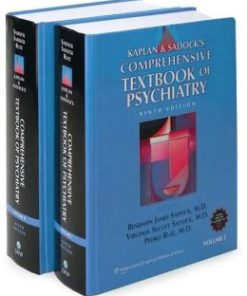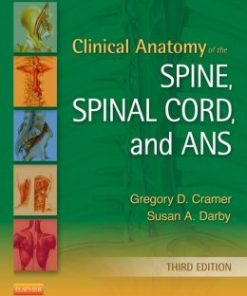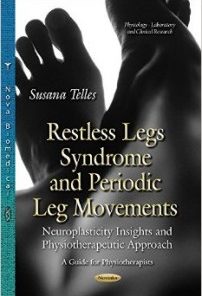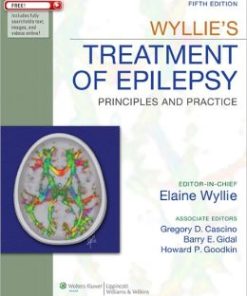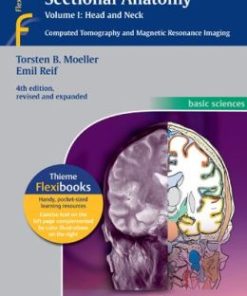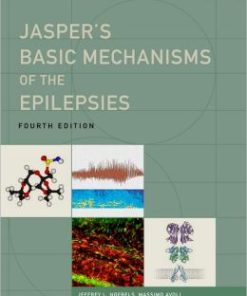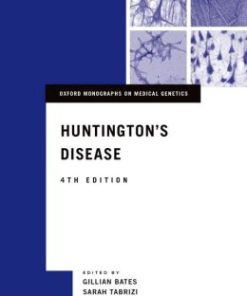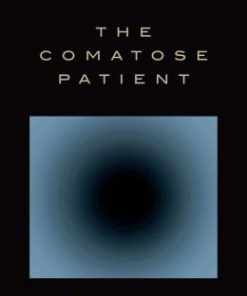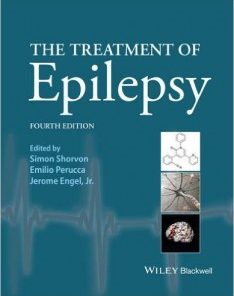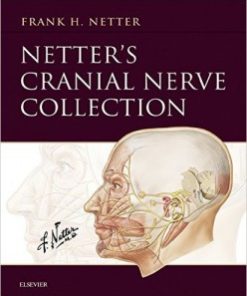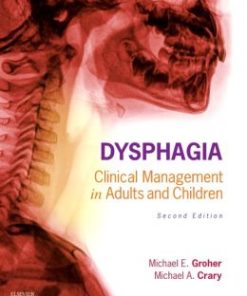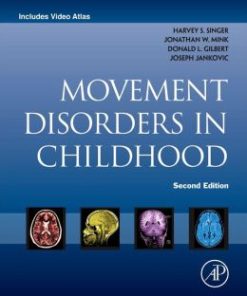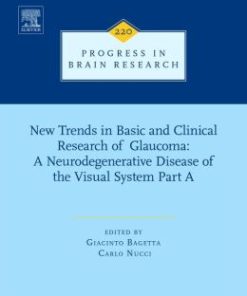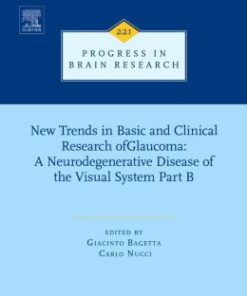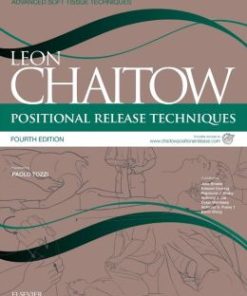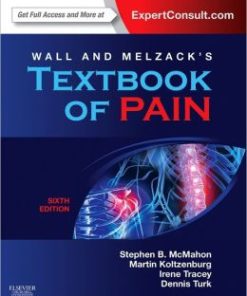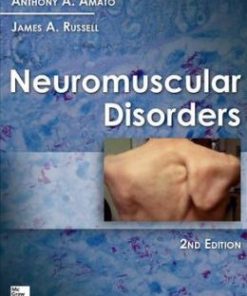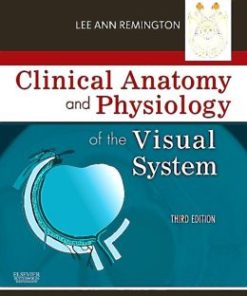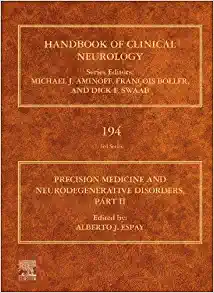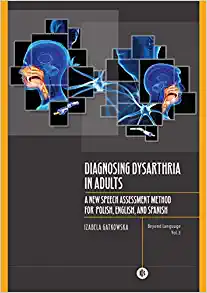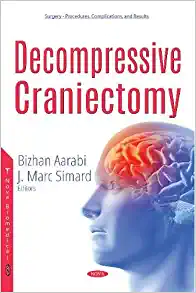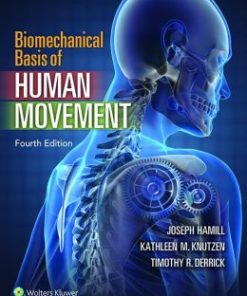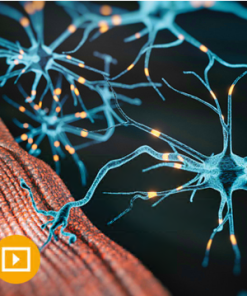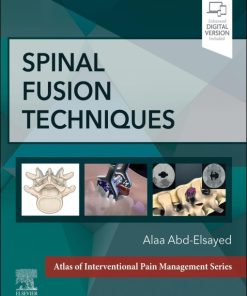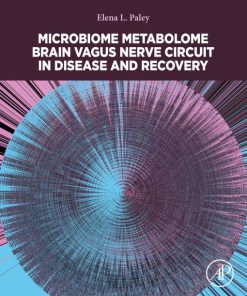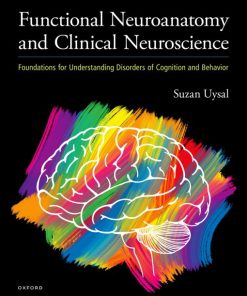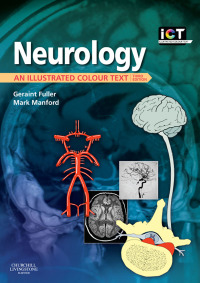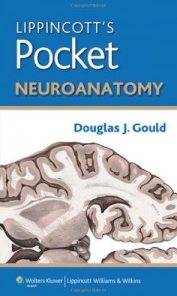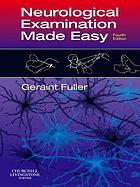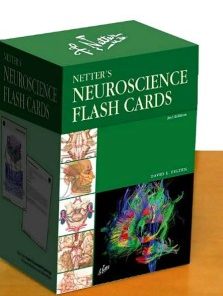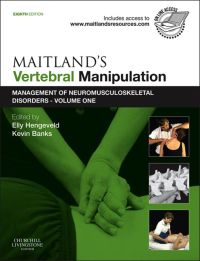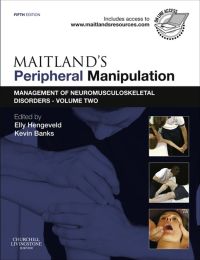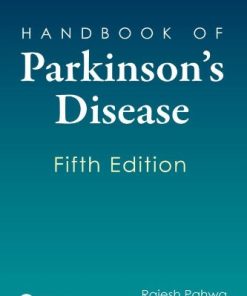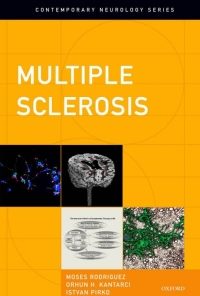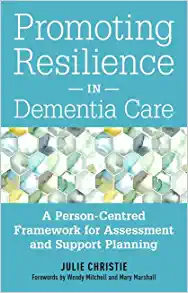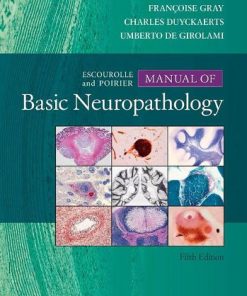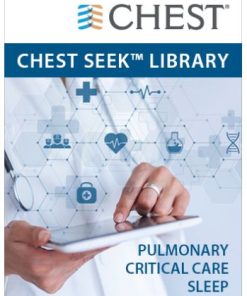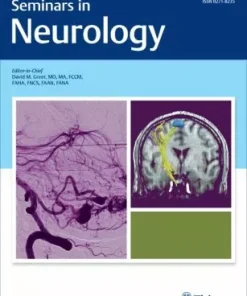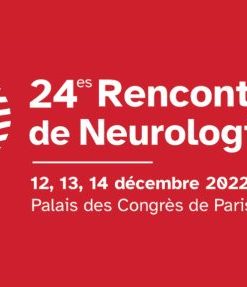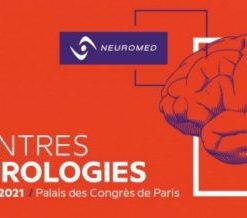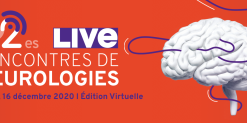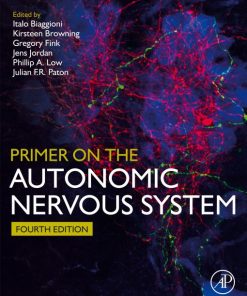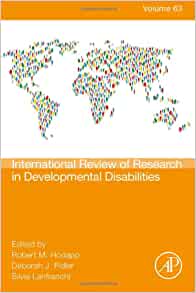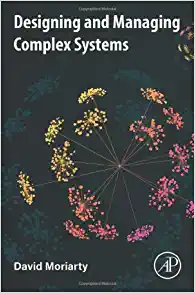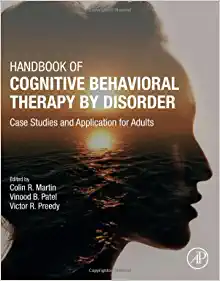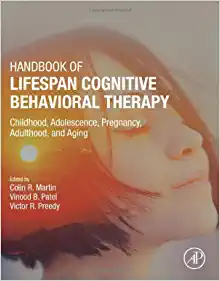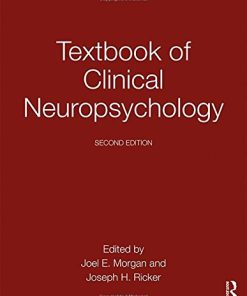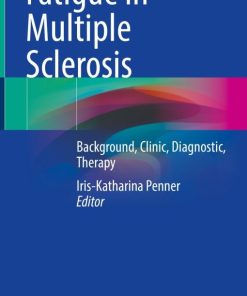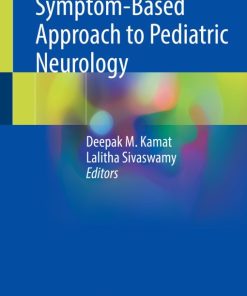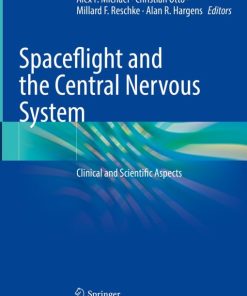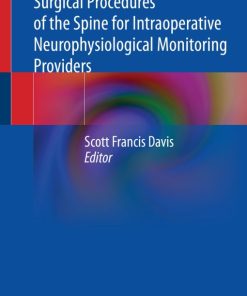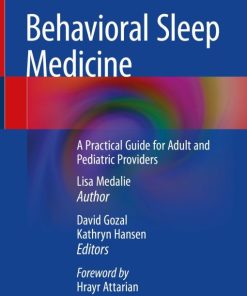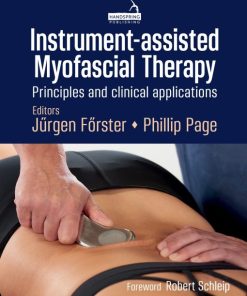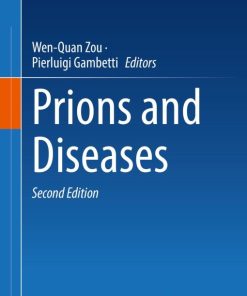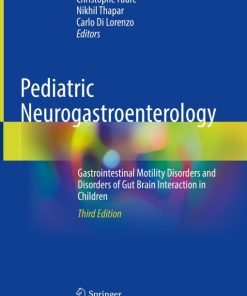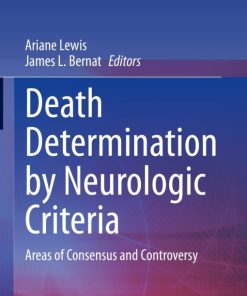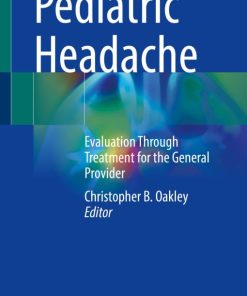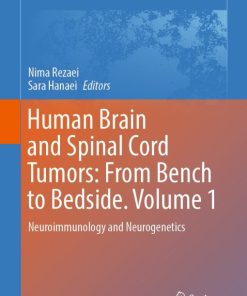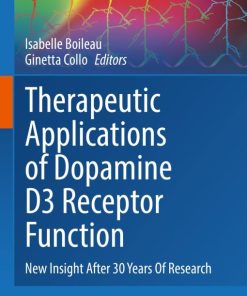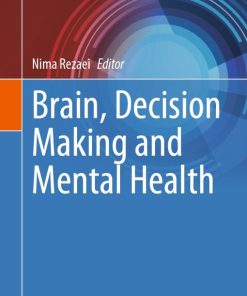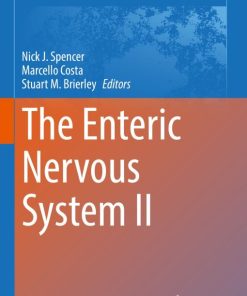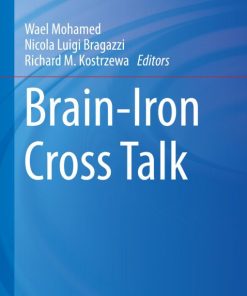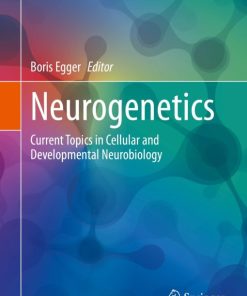Electromyography (EMG), Electroencephalography (EEG), and Neurophysiology in Clinical Practice – MayoClinic (CME Videos + Slides + Quiz)
$90
67 MP4 + 47 PDF files
File Size = 16.06 GB
- Develop a logical approach to the use of standard clinical electrophysiological techniques in the evaluation of common and uncommon neuromuscular disorders.
- Identify technical pitfalls associated with NCS and needle EMG and understand methods to correct and minimize technical problems.
- Interpret the findings and clinical significance of abnormalities on nerve conduction studies.
- Recognize and interpret the significance of various EMG waveforms on needle EMG.
- Describe the utility and technical aspects of different nerve conduction studies and muscles to be examined during an electrodiagnostic study.
- Identify the normal and variant EEG patterns of adult and pediatric patients
- Recognize technical pitfalls and artifacts associated with EEG studies
- Interpret the findings and clinical significance of abnormalities on inpatient and outpatient EEG studies.
- Integrate the various clinical neurophysiology studies (evoked potentials, sleep studies) in the evaluation of patients with disorders of the central nervous system.
- EEG
- EMG Approaches to Neuromuscular Disorders
- Evoked Potentials, Sleep, and Intraoperative Monitoring
- Needle EMG Lectures, Waveform Analysis, and Demonstrations
- Nerve Conduction Studies Lectures and Demonstrations
- Quiz
This CME course offers a review and update of techniques and topics pertaining to the practice of clinical neurophysiology in the evaluation and diagnosis of a variety of neurologic disorders. The course focuses on techniques and pitfalls, along with clinical correlation of various neurophysiological tests used for the evaluation of patients with peripheral nerve and neuromuscular disorders, epilepsy, central nervous system disorders, and sleep disorders. The areas of neurophysiology include: basic physiology; central and peripheral nervous system pathophysiology; nerve conduction studies techniques and interpretation, needle EMG technique and interpretation, EEG interpretation; evoked potentials; sleep disorders evaluation, and intraoperative monitoring.
Target Audience
This course is intended for neurologists, physiatrists and physicians specializing in and practicing clinical neurophysiology.
Learning Objectives
Upon completion of this activity, participants should be able to:
Program
Related Products
NEUROLOGY BOOKS
NEUROLOGY BOOKS
NEUROLOGY BOOKS
NEUROLOGY BOOKS
Huntington’s Disease, 4th Edition (Original PDF from Publisher)
NEUROLOGY BOOKS
The Comatose Patient, 2nd Edition (Original PDF from Publisher)
NEUROLOGY BOOKS
NEUROLOGY BOOKS
NEUROLOGY BOOKS
Neurologie: Dossiers progressifs et questions isolées corrigés
NEUROLOGY BOOKS
NEUROLOGY BOOKS
NEUROLOGY BOOKS
NEUROLOGY BOOKS
NEUROLOGY BOOKS
Lippincott’s Pocket Neuroanatomy (Original PDF from Publisher)
NEUROLOGY BOOKS
Netter’s Neuroscience Flash Cards, 2e (Netter Basic Science)
NEUROLOGY BOOKS
Diet Impacts on Brain and Mind (Original PDF from Publisher)
NEUROLOGY BOOKS
CHEST SEEK Library 2022 (Videos + Audios + Flashcards + Qbanks)
NEUROLOGY BOOKS
NEUROLOGY BOOKS
NEUROLOGY BOOKS
NEUROLOGY BOOKS
NEUROLOGY BOOKS
NEUROLOGY BOOKS
NEUROLOGY BOOKS
NEUROLOGY BOOKS
NEUROLOGY BOOKS
Prions and Diseases, 2nd Edition (Original PDF from Publisher)
NEUROLOGY BOOKS
NEUROLOGY BOOKS
NEUROLOGY BOOKS

